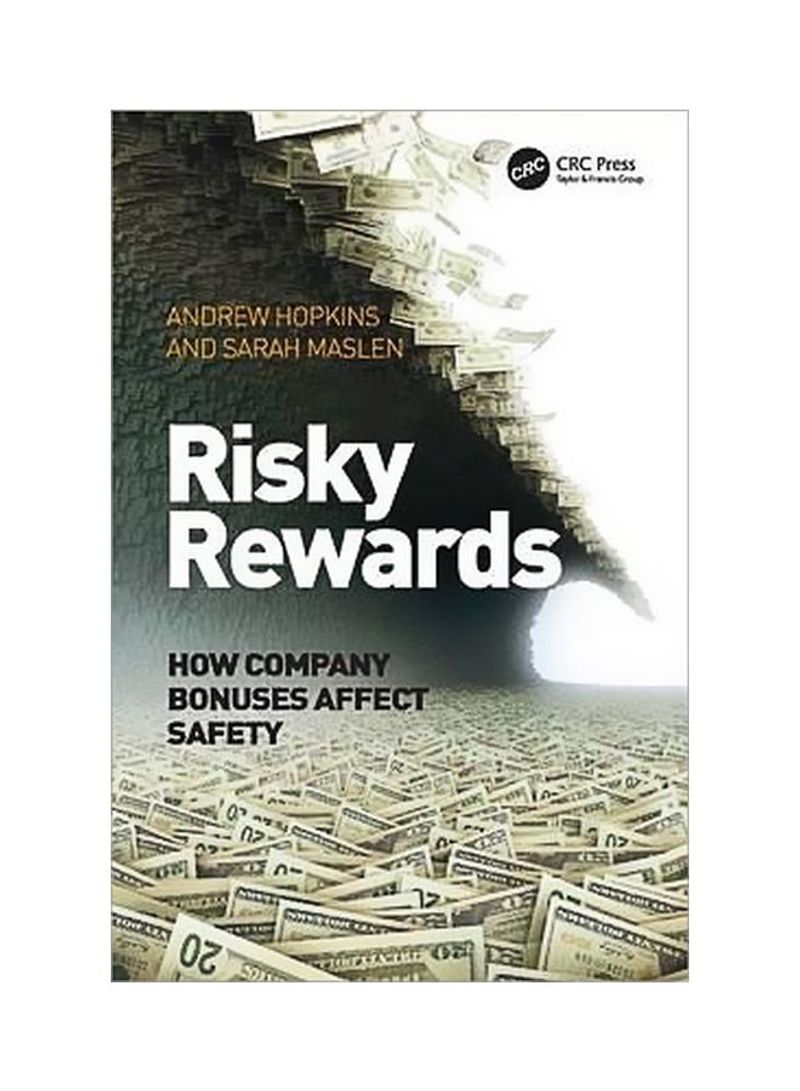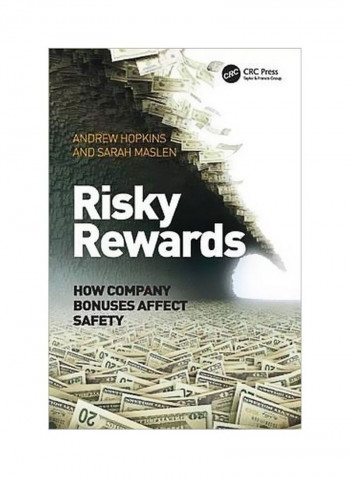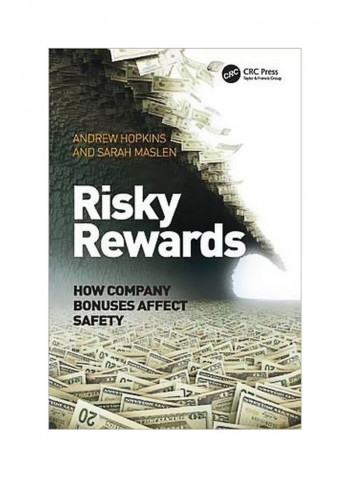Risky Rewards: How Company Bonuses Affect Safety Hardcover
Recommend
Sort by
Rating
Date
Specifications
Author 1
Sarah Maslen
Book Description
Financial incentives have long been used to try to influence professional values and practices. Recent events including the global financial crisis and the BP Texas City refinery disaster have been linked to such incentives, with commentators calling for a critical look at these systems given the catastrophic outcomes. Risky Rewards engages with this debate, particularly in the context of the present and potential role of incentives to manage major accident risk in hazardous industries. It examines the extent to which people respond to financial incentives, the potential for perverse consequences, and approaches that most appropriately focus attention on major hazard risk. The book is based in part on an empirical study of bonus arrangements in eleven companies operating in hazardous industries, including oil, gas, chemical and mining.
ISBN-10
1472449843
ISBN-13
9781472449849
Language
English
Publisher
Taylor & Francis Ltd
Publication Date
10/Feb/15
Number of Pages
186
About the Author
Andrew Hopkins is Emeritus Professor in the School of Sociology at The Australian National University. He has published widely across the field of organisational safety, authoring titles including Disastrous Decisions, Failure to Learn, Lessons from Longford, Lessons from Gretley, and Safety, Culture and Risk. These books have together sold more than 70,000 copies. He speaks regularly to audiences around the world about the causes of major accidents. Sarah Maslen is Assistant Professor of Sociology at the University of Canberra. She was previously a Research Fellow in the School of Sociology at The Australian National University. Her research interests include occupational knowledge and practice, sensory perception, and risk.
Editorial Review
This is the first book to tackle this important, but controversial topic in depth with its many nuances. The authors take the reader into what for many will be the unfamiliar territory of corporate appraisals and bonuses to uncover its complexity, its principles and its contentiousness. Their case studies handily illustrate the positive and negative aspects derived from their theoretical analyses. It is a timely book given the findings of recent disaster investigations implicating unsuitable incentive schemes.'Andrew Hale, Professor Emeritus, Delft University of Technology, the Netherlands



